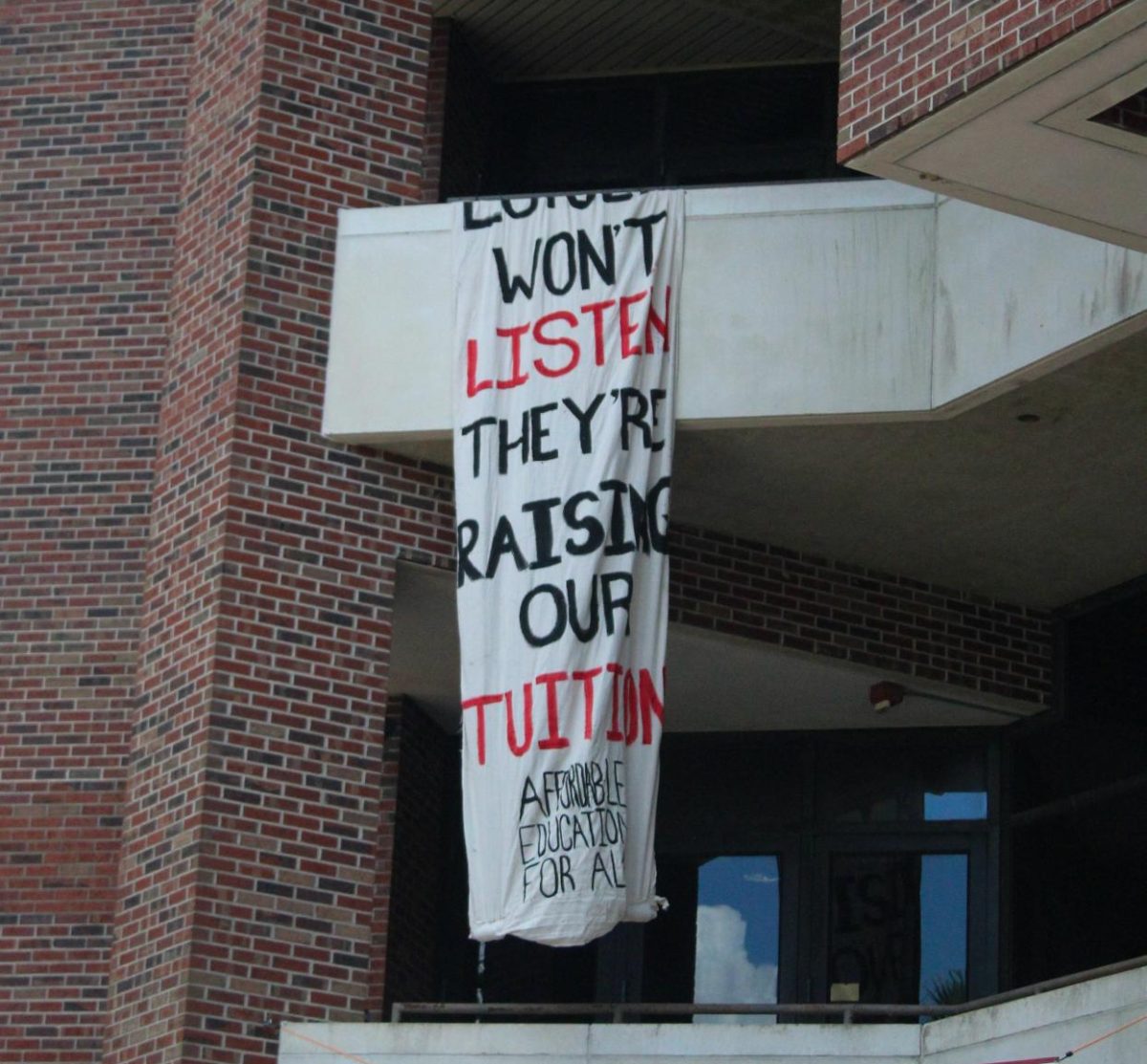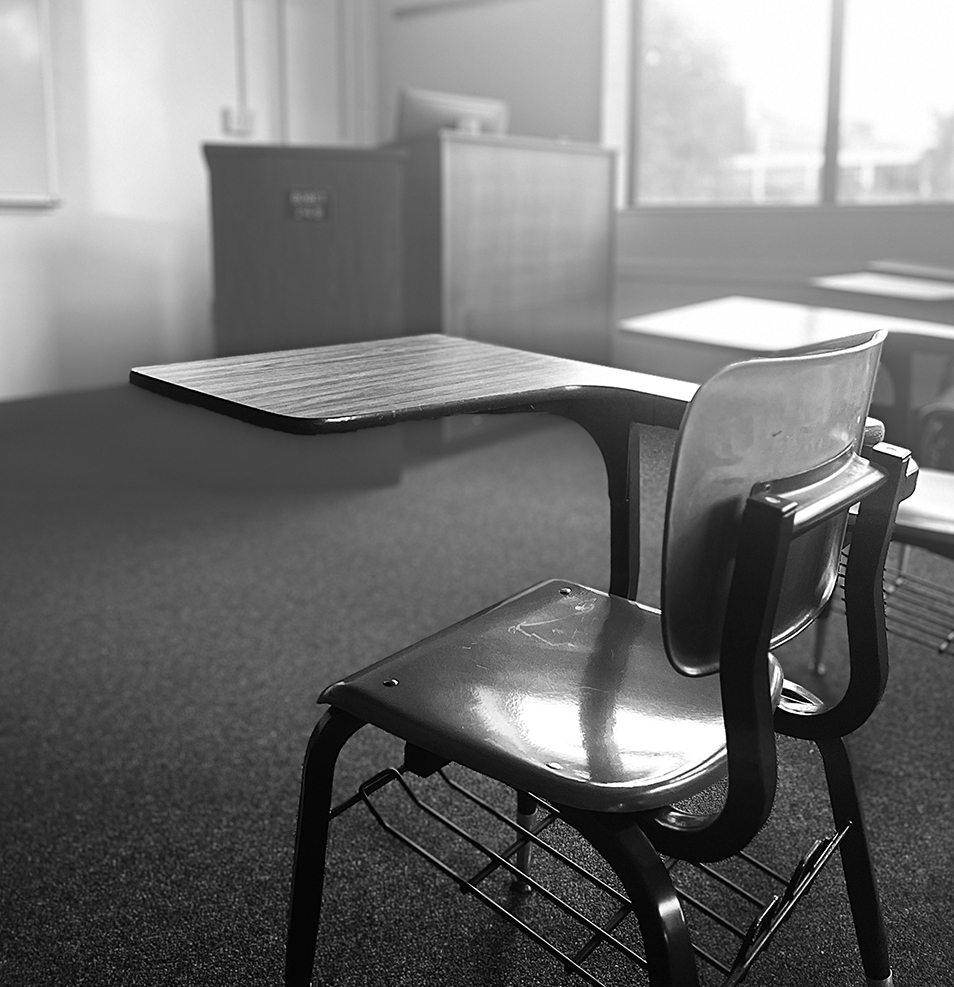While most students are hearing the last call at The Boot, Danielle Ryce is still practicing for her music class late into the night.
Ryce, a music industry sophomore, said she usually sleeps from 6 p.m. to 11:50 p.m. to get into the Communications/Music Complex before it closes.
“If you got here any sooner than that, it would always be full,” she said. “By the time you get a practice room during the day, it’s time to go to class.”
According to Loyola’s Office of Institutional Research and Effectiveness, 288 of Loyola’s 4,982 students are required by their major to play an instrument in fall 2011. Due to a limited number of practice rooms, music students have resorted to practicing at night and taking naps in the building after hours in order to maximize their time spent in an available practice room.
Music composition sophomore Nic Lefebvre said he spends most of his time in the Communications/Music Complex compared to anywhere else.
Due to a busy class schedule and the number of students using the practice rooms during the day, Lefebvre said he has no choice other than to practice at night.
In order to use his extra time fully, Lefebvre takes naps in the Communications/Music Complex. He usually naps on the first floor near the vending machines and on the fourth floor couches.
“During the day, it can be awkward because people will pass by when I’m nodding off, but sometimes I’m so tired that I don’t care,” Lefebvre said.
Lefebvre is not the only music student who crams practice into late-night hours because of the lack of practice rooms during the day.
“Considering, I think we have 300 students, 14 practice rooms can only get you so far,” said William Howard, vocal performance senior. “Being a music major, your schedule is packed. You have ensemble, classes, your own private instruction, you have to study for your Common Curriculum and try to make time for your personal life. If you factor that in with the fact that we don’t have many practice rooms, it makes things very complicated.”
Housekeeping supervisor Jackie Harrell said she has seen students in the building at all hours.
“The number of people dwindles the later it gets,” Harrell said.
On a typical night, students, housekeeping and university police officers who survey the area occupy the building.
“Students are allowed access to the building up until midnight. They can stay later than that but that’s when the security guards come and lock the outside doors,” said John Mahoney, professor and coordinator of jazz studies.
“Most of our students have keys to the practice rooms. If they can get into the building, they can have access to the practice rooms,” said Carmen Balthazar, assistant to the College of Music and Fine Arts dean.
Having spent many nights practicing in the Communications/Music Complex, jazz studies senior Samuel Shahin said that as Loyola increases the number of music students, resources must increase to accommodate everyone also.
“Occasionally I would bring a pillow or a blanket in,” Shahin said. “It’s really not going to sleep for the night, you’re taking a nap in between practice sessions.”
“It’s a mentality that I’ve been practicing for a while, and I’m too tired to function, but if you need practice, you need the practice,” he said.
Ryce has a similar mentality.
“I’ve only napped in here for like 30 minutes, because I’ll be the only one in here, and it creeps me out,” Ryce said. “I’ve fallen asleep reading music just propping my head down and on the piano.”
Leslie Gamboni can be reached at [email protected]





